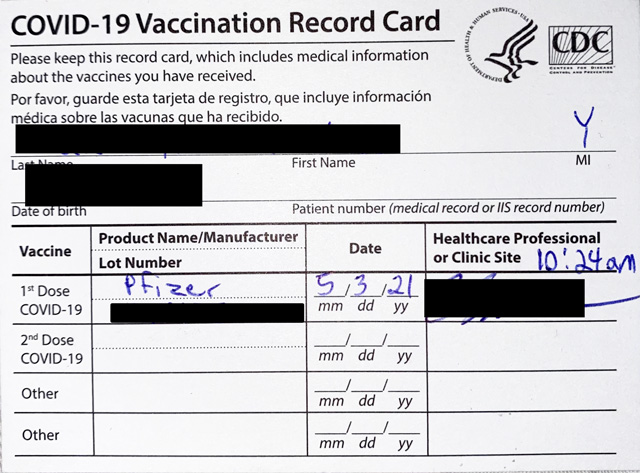Will a Vaccine Be Required For Travel?

By Ana Garcia
Vaccines may be a key for summer time travel. Many countries are accepting vaccinated visitors on vacation, which means more leisure traveling. But there are many restrictions and requirements to travel and to stay in the destination of your choice. And then there are the people who are traveling to get the vaccine.
Many countries are now vaccinating their citizens, but some are lagging far behind the United States. Countries like Greece, Ecuador, Bahamas, Iceland, Georgia, Belize, Ecuador, Guatemala, and Croatia are countries requiring that visitors had their vaccine, show a negative test, or quarantine themselves from 10-14 days upon entry to the country.
There is an ongoing debate about whether vaccinations should be required for entry according to AFAR, a travel media brand. In many places, even if you have the vaccines you are required to show proof of a negative test. Countries like the British Virgin Islands, Cyprus, and Estonia are allowing visitors if they can show a certificate that proves they are fully vaccinated.

All air passengers coming to the United States, including U.S. citizens and the fully vaccinated, are required to have a negative COVID-19 test result no more than three days before travel or documentation of recovery from COVID-19 in the past three months before they board a flight to the United State, according to the CDC.
For that to happen, the International Air Transport Association (IATA) hopes to make the process easier with a travel pass, according to the AARP. “The IATA Travel Pass is a mobile application under development allowing travelers to simply and securely store and manage certifications for COVID-19 tests or vaccines,” says the International Air Transport Association. Airlines say that those with health problems who cannot be vaccinated can apply for “humanitarian exemptions.” But for those that do not show proof of negative test or vaccine certificates, airlines are in their right to prevent boarding.
The same is happening with cruises. Carnival Cruise is implementing the health and safety rules of testing negative before embarkation, social distancing, mask requirements, and washing hands at all times. Royal Caribbean is delaying its opening until July. Some cruise locations including Alaska, Rome, Barcelona, and other European countries may delay opening until October.
The CDC approved the two-shot Pfizer and Moderna vaccines because they are effective 95% percent and 94.1% percent in preventing serious illness and death. The distribution of the one-shot Johnson and Johnson, which is 66.3% effective, has been continued after a pause to explore a possible side effect of blot clots. With that a 42.1% of people in the United States are fully vaccinated, 51.6% have one dose, with over 300,000,000 shots administered, according to the CDC.

Some who have yet to vaccinate include those with concerns about the side effects of those vaccines and others may have medical reasons. Mild to moderate symptoms are pain, redness, and swollen muscles in the area where the shot was given. Others include fever, chills, tiredness, and difficulty performing daily activities. But many people do not show any side effects after both shots, others only after the second shot and others with both but moderate symptoms. According to the Center for Infectious Disease Research and Policy, 13.5% of recipients of the first Pfizer dose reported side effects, and 22% had them after the second dose.
With all this in mind, pay attention to the city, state and country regulations as they tend to change rather frequently as the course of the pandemic evolves.
